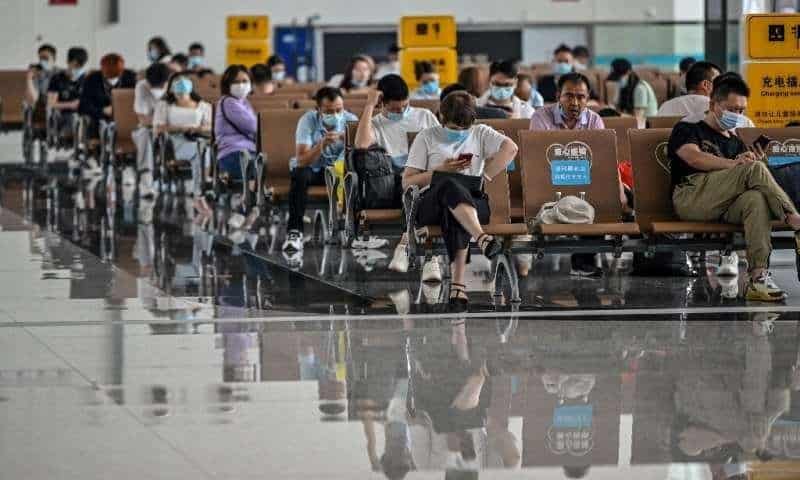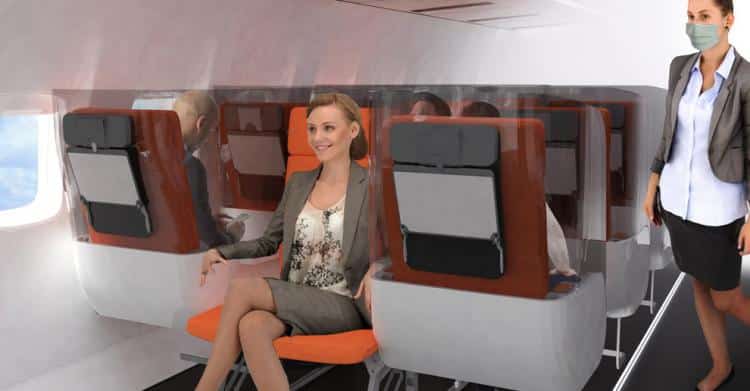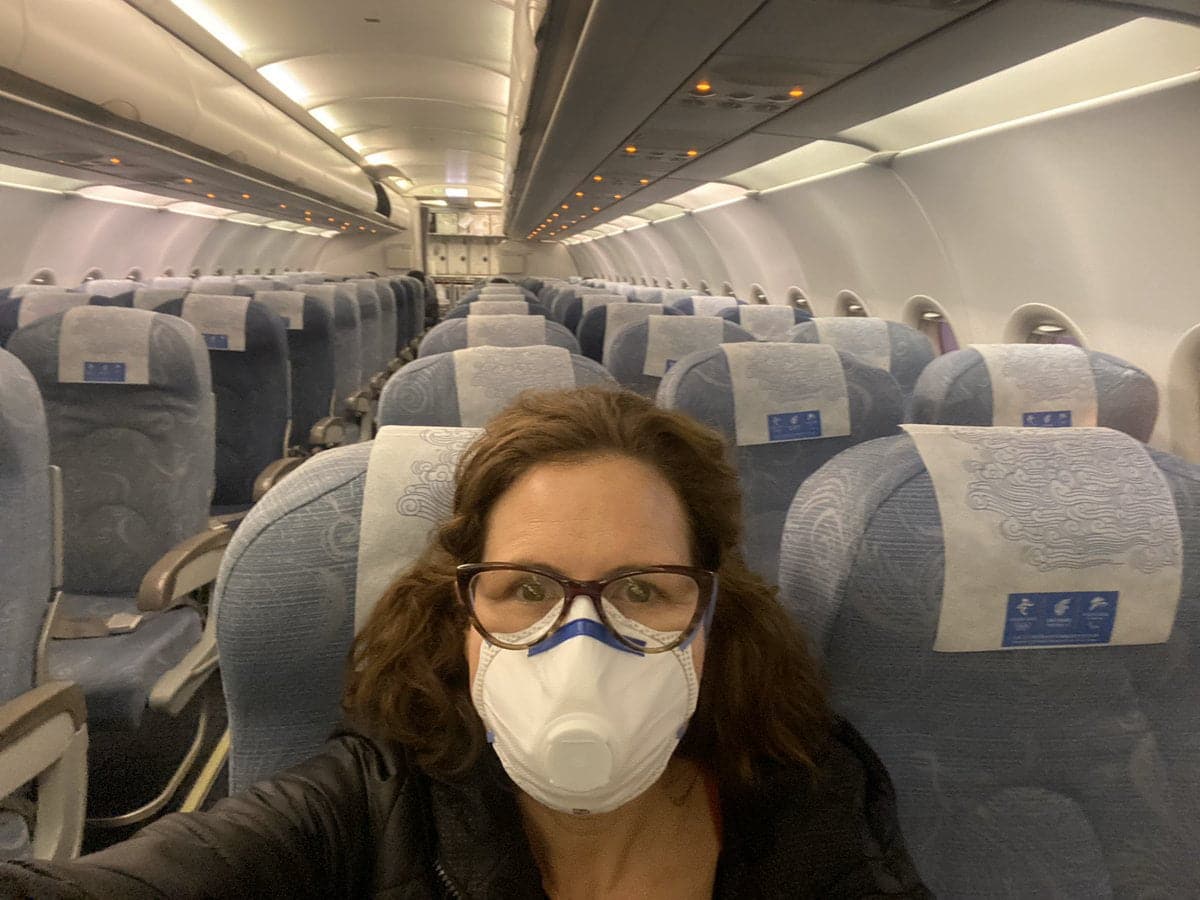Cabin crew in protective suits, passenger health certificates, mandatory masks and longer check-in times. Whether you like it or not, this is the new reality of mass air transport.
While people dream of taking to the skies again, there is a real prospect that changes to curb the spread of the coronavirus will be even more difficult than those introduced after September 11, 2001. The future of flying will see a barrage of controls in place.
“Before the pandemic, they told us to arrive two hours before the flight. This time we had to be at the airport at least four hours early,” say disconsolate passengers after taking a domestic route at the end of May. With queues and checks before even checking in at the airport.

The controls are much, much tighter. Passengers must declare the reason for the flight, provide documentation proving they are free from the virus, undergo multiple screenings and offer details of their movements upon arrival. “It's more tiring and expensive. With these kinds of strict rules, people will think twice before travelling,” says a 40-year-old passenger who had to pay double the usual fare for his short-haul flight as some seats were left empty due to social distancing.
As the aviation industry tries to find a way out, experts warn that the impact of the pandemic will be far-reaching.
11/2001 created a new environment for the entire travel industry in terms of security. While the aftermath of the 19 attacks could be used as an “indicator” of what to expect in the future of flight, the challenge of Covid-XNUMX was a much more serious event, global in nature. “The COVID-19 crisis is the largest disruption in the history of the aviation industry. The recovery will be long and slow."Says Albert Tjoeng, regional spokesperson for IATA.

Rebellious passengers
The UN agency for civil aviation has developed a series of guidelines for safe flying in the wake of the pandemic. They range from the mandatory use of masks to disinfecting areas with which people come into contact. Furthermore, the aforementioned industrial body ofInternational Air Transport Association (IATA) suggested governments collect passenger data, including health information, before travel. It is also strongly recommended that access to airports be limited to staff and same-day travellers.
Other measures outlined in the guidelines include redesigning gate areas to reduce congestion. There are also faster and smoother boarding and baggage collection procedures and even "a ban on bathroom queues" to limit passenger interaction.
Implementing new regulations is already proving challenging and chaotic.
Some US airlines require masks to be worn in flight, but it is difficult to enforce this rule if passengers are unruly. In India, which resumed domestic flights last week, some cabin crew members wore protective suits with masks, plastic visors and nitrile gloves. Mumbai airport put social distancing rules in place, but they quickly collapsed as angry travelers attacked staff after flights were canceled at the last minute.
The most debated measure in the sector? Whether to leave the middle seats empty.
Japan Airlines e Delta they are among the carriers that do this. Michael O'Leary, head of the low-cost airline Ryanair, said that the idea is "idiotic" and only leads to cuts in company turnover.
“Travel Bubbles”
Some nations maintain bans on travelers from hard-hit nations (in Europe the ban will remain in place until June 15) or require people to quarantine upon arrival, typically for a period of 14 days. Countries that have brought the virus under control are trying to create "travel bubbles" or reciprocal arrangements with other places on similar outbreak curves, but these can have onerous requirements.
The emergence of Covid-19, which to date has infected over seven million people worldwide, has brought air travel to an almost complete halt with entire grounded fleets and mass layoffs. Our Alitalia it carried out a tenth of the flights in the same period last year. In IATA forecasts, the future of flying could see net losses for international carriers estimated at over 80 billion euros this year.
“We don't know exactly what the trajectory of this recovery will look like,” the CEO said Singapore Airlines Goh Choon Phong, after the carrier reported the first full-year loss in its 48-year history.
The future of flight: let's cling to the signs of recovery, but we don't count too much
IATA reports a slight increase in the number of flights from April to May (always Alitalia rose from 10% to 12% of the total compared to last year) but flying looks set to struggle to return to pre-virus levels. A confusing patchwork of rules imposed by countries at different stages in dealing with their outbreaks makes it difficult for consumers to plan vacations or visit family abroad.
A "fast lane" has been launched for essential business and official travel in parts of China and Singapore, but travelers need to be "sponsored" by a local company to vouch for them, and must undergo two virus tests : one before departure and one upon arrival.
Fazal Bahardeen, managing director of the Islamic travel specialist HalalTrip, based in Singapore, has no doubts. “If I had to go through all the hassle, I might not even travel unless I had to.” And in fact many who previously flew frequently may simply choose not to for the time being.


